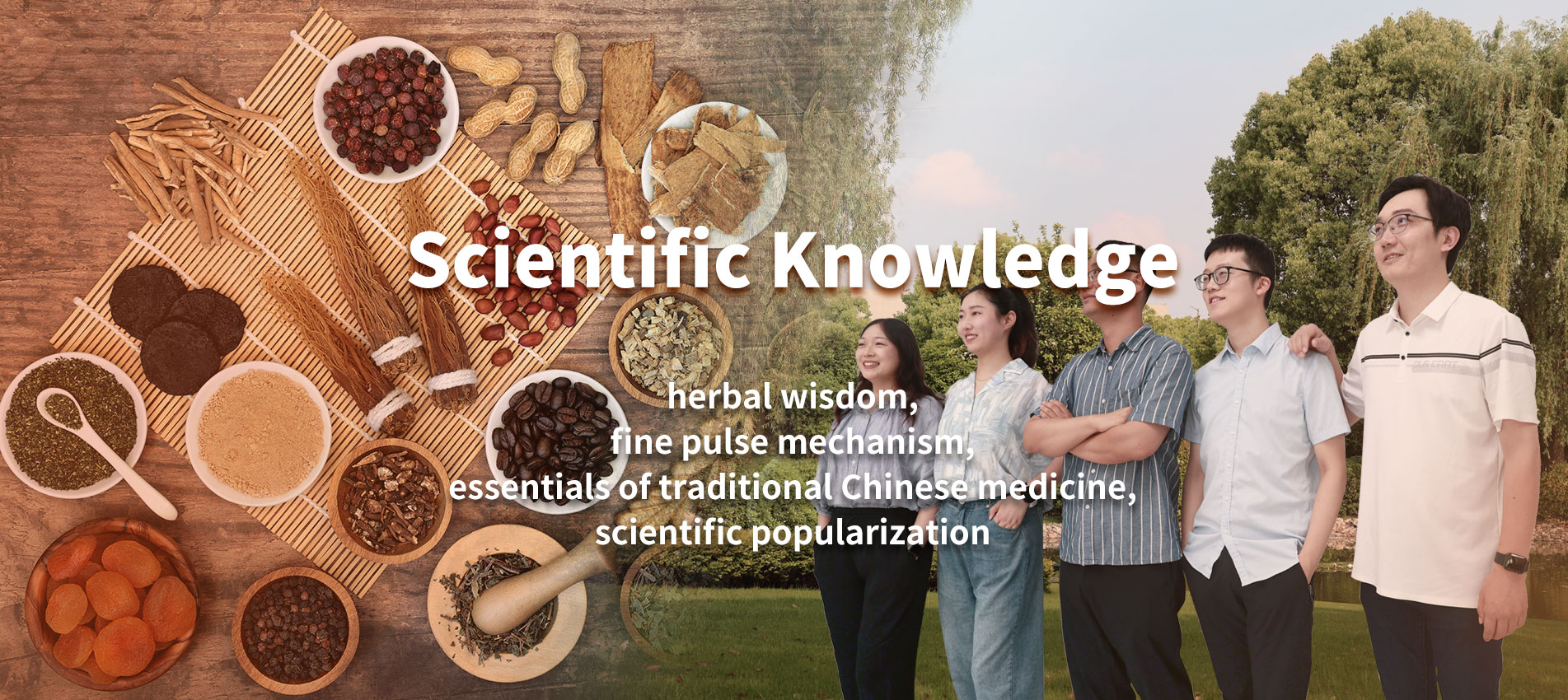In the vast treasure trove of traditional Chinese medicine, Poria cocos is highly regarded for its unique medicinal value and long history of application. This parasitic fungus in the roots of pine trees is not only widely recorded in ancient medical texts, but also one of the indispensable herbs in the practice of traditional Chinese medicine through the ages.
According to Sheng Nong's herbal classic, Poria cocos is sweet and flat in flavor, and is mainly used for treating evil heat in the heart and abdomen, vexation and fullness of coughing, dry mouth and tongue, and facilitating urination. This shows the unique effect of Poria cocos in harmonizing the spleen and stomach, clearing heat and inducing dampness. The Compendium of Materia Medica gives a more detailed description of the properties, collection, processing and application of Poria cocos, pointing out that it smells sweet and light, is flat and non-toxic and emphasizing its application in the treatment of oedema, headache, dizziness and other symptoms.
From the perspective of modern pharmacology, Poria cocos contains a variety of biologically active components, such as polysaccharides, triterpenoids, steroids, etc. These components give it excellent immunomodulation, anti-tumor, anti-inflammatory and hepatoprotective and other pharmacological effects. Among them, Poria cocos polysaccharide is one of the most researched components, which has the effects of enhancing immunity, delaying aging and improving memory.
In clinical application, Poria cocos is often used in combination with other herbs to realize synergistic effects. For example, it can be used together with atractylodes, Codonopsis and other drugs that strengthen the spleen and promote vitality to effectively treat loss of appetite, bloating and diarrhea caused by spleen deficiency and dampness obstruction; and it can be used together with water-inducing and dampness-permeating drugs such as zedoary to treat oedema, frequent urination and urinary urgency, etc.
In addition, Poria cocos can also be used for beauty. Its whitening and moisturizing effect comes from its antioxidant properties, which can remove free radicals from the body, slow down skin aging, and keep the skin elastic and shiny.
Although the development of modern science and technology has provided mankind with many new types of medicines, Poria cocos, an ancient and miraculous herb, still plays an irreplaceable role in contemporary medical and health care. It is not only an important part of Chinese medicine culture, but also the crystallization of Chinese wisdom, which is worth continuing to study and cherish.



